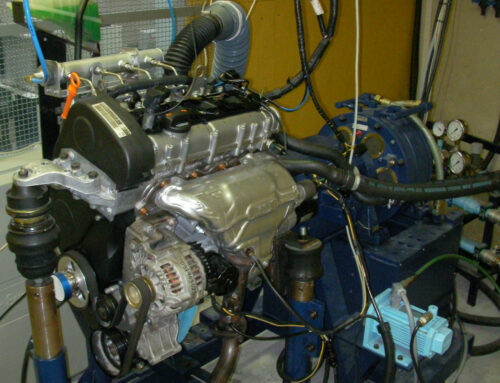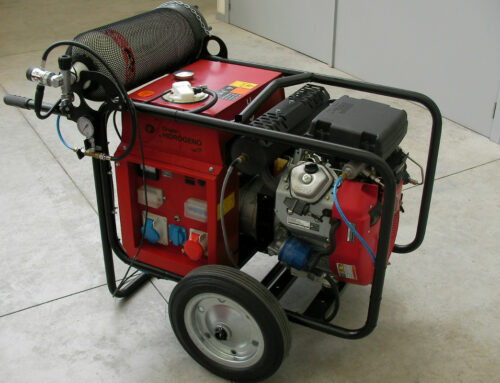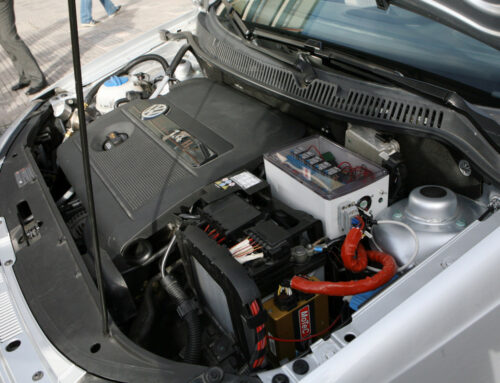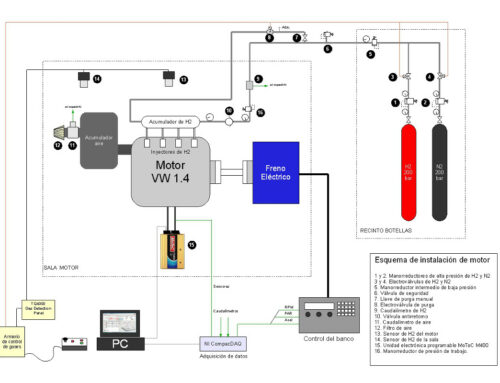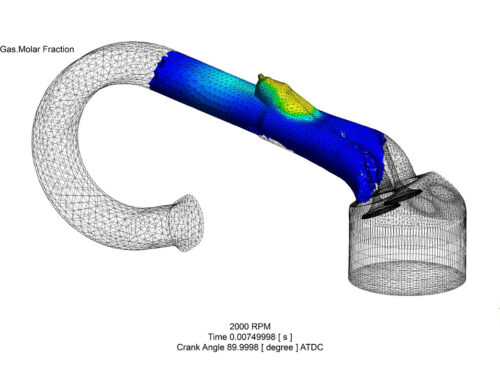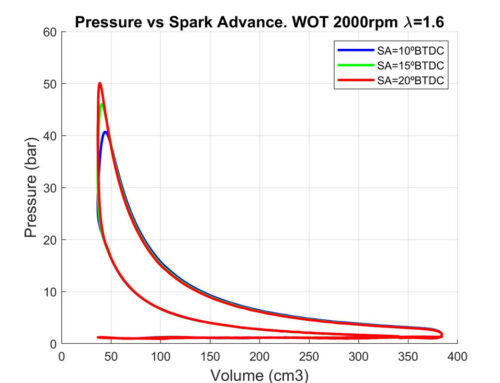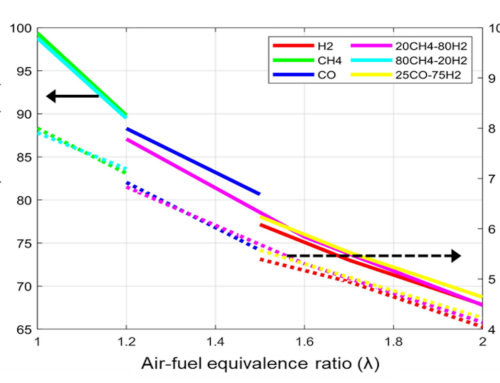Fuel 317 (2022) 123505
Acoustic and psychoacoustic levels from internal combustion engines fueled by hydrogen vs. gasoline
Abstract
Renewable hydrogen is a sustainable solution for decarbonizing the energy system, reducing pollutants emissions to the environment and climate change mitigation. Therefore, progressive substitution of current fossil fuels with renewable hydrogen is a highly desirable scenario. Direct use of hydrogen as fuel of internal combustion engines is an active area of research, complementary to other possible applications of hydrogen in the transport sector such as to fed fuel cells or to synthesize hydrocarbon fuels. Whereas noise generated by road traffic is an important factor in urban pollution, little attention has been paid to this issue in the field of hydrogen-fueled vehicles. The objective of this study is to analyze the influence of the type of fuel (gasoline or hydrogen) on the sound levels produced by a vehicle with an internal combustion engine.
A Volkswagen Polo 1.4 vehicle adapted for its bi-fuel hydrogen-gasoline operation has been used. Tests were carried out with the vehicle when stationary to eliminate rolling and aerodynamic noise. Acoustics and psychoacoustics levels were measured both inside and outside the vehicle. A slight increase in the noise level has only been found outside when using hydrogen as fuel, compared to gasoline. The slight increase is statistically significant and can be quantified between 1.1 and 1.7 dBA. Loudness is higher outside (between 2 and 4 sones) when the fuel is hydrogen. Differences in sharpness and roughness values are lower than the just-noticeable difference (JND) values of the parameters.


